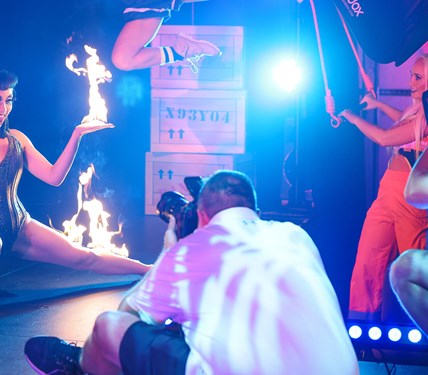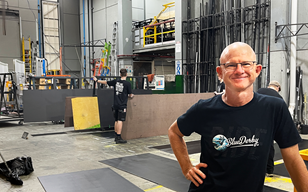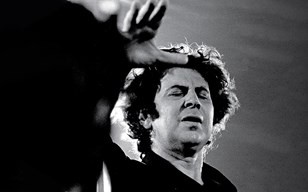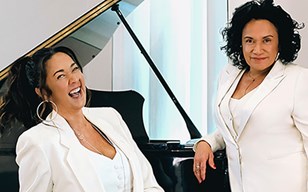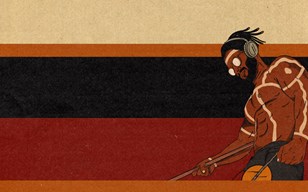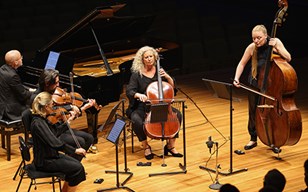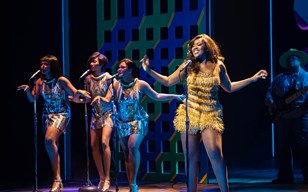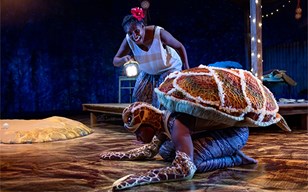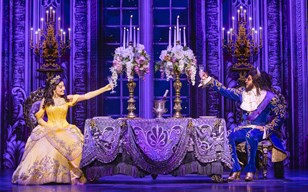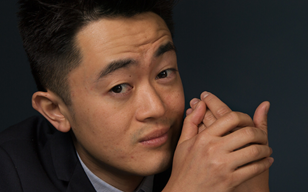Stay in the know with the latest from QPAC.
Our Newsroom is your backstage pass to all things QPAC, featuring media releases, announcements, interviews, social galleries, behind the scenes content and more.
Looking for media assets?
Check out the Media Centre or get in touch with our publicity team.
What's on at QPAC
-
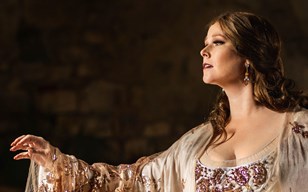
Lucia di Lammermoor Opera Queensland Lucia di Lammermoor
27 Apr 2024Concert HallA compelling portrait of a woman whose passion knows no limits. Presented as part of Brisbane Bel Canto.
-
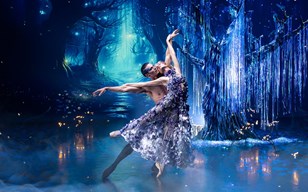
Queensland Ballet’s A Midsummer Night’s Dream Queensland Ballet A Midsummer Night’s Dream
Until 27 April 2024PlayhouseExperience the wonder of Shakespeare in the whimsical A Midsummer Night’s Dream by Liam Scarlett.
-
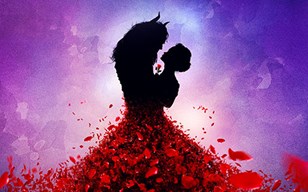
Beauty and the Beast the Musical
Now PlayingLyric TheatreFinal weeks released from 22 May to 9 June for Disney’s enchanting new musical. Plus extra matinees added for the April school holidays.
-
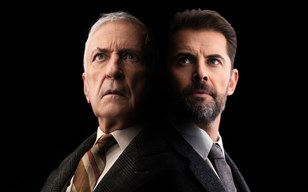
The Woman in Black The Woman in Black
30 Apr - 11 May 2024PlayhouseStarring John Waters and Daniel MacPherson, don’t miss this thrilling theatrical exploration of terror.
-
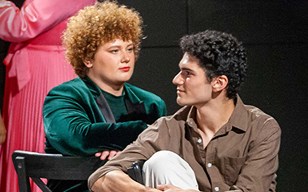
I Love You, You’re Perfect, Now Change I Love You, You're Perfect, Now Change
2 - 4 May 2024Cremorne TheatreA crowd-pleasing comedy that takes on the truths and myths behind that contemporary conundrum known as 'the relationship.'
-

Mamamia Out Loud LIVE Mamamia Out Loud LIVE
2 May 2024, 7:30pmConcert HallMamamia Out Loud LIVE brings Australia’s number one news and pop culture podcast to the stage!
-

QSO My Homeland Queensland Symphony Orchestra My Homeland
3 May 2024, 7:30pmConcert HallEvery note from this fun and heartfelt work will spark a bright new picture in your mind, making this concert truly unforgettable.
-
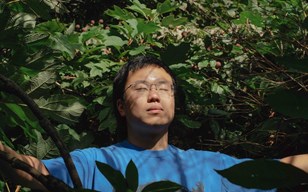
Aaron Chen – Funny Garden Aaron Chen – Funny Garden
4 May 2024, 7pm & 9:30pmConcert Hall“You are allowed to put whatever you like in your blurb. It doesn’t even have to describe the show.” Aaron Chen
-
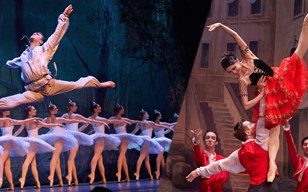
Forest Song & Don Quixote by Grand Kyiv Ballet Forest Song & Don Quixote
6 - 7 May 2024Concert HallThe Grand Kyiv Ballet of Ukraine will return to Australia to present their double bill of Forest Song & Don Quixote.
-
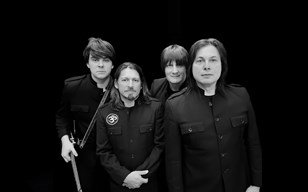
The Beatles – All You Need Is Love The Beatles – All You Need Is Love
9 May 2024, 7:30pmConcert HallCome and relive all The Beatles classic hits in one sensational concert experience presented by the world’s premier ‘Beatles’ band, The Beatle Boys.
-

Tom Gleeson – Gear
10 May 2024, 6:15pm & 8:45pmConcert HallDon’t miss the chance to watch this gold-plated, live comedy superstar with his first stand up show since 2020-2021’s sold out tour of Lighten Up.
-
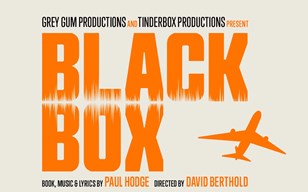
Black Box Black Box
10 - 19 May 2024Cremorne TheatreThis ground-breaking new Australian musical tells the story of David Warren who invented the black box flight recorder that is now on every plane.
-
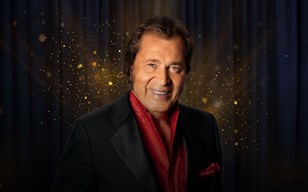
Engelbert Humperdinck: The Last Waltz Engelbert Humperdinck: The Last Waltz
13 to 14 May 2024Concert HallSee the King of Romance down under this May performing his greatest hits live in concert!
-
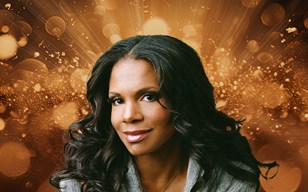
Audra McDonald Live In Concert Audra McDonald Live In Concert
15 May 2024, 7:30pmConcert HallExperience the most Tony Awarded performer in Broadway history, Audra McDonald, live at QPAC!
-
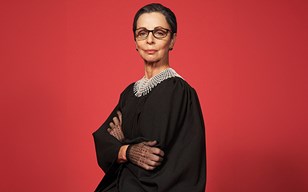
RBG: Of Many, One
16 - 26 May 2024PlayhouseSuzie Miller's smash-hit production tells the story of the indominable Ruth Bader Ginsburg.
-
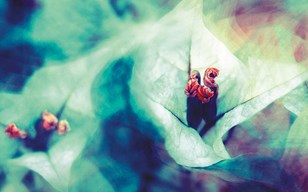
Queensland Symphony Orchestra Symphony Fantastic
17 - 18 May 2024Concert HallExperience three spellbinding French works in Queensland Symphony Orchestra's Symphony Fantastic!

